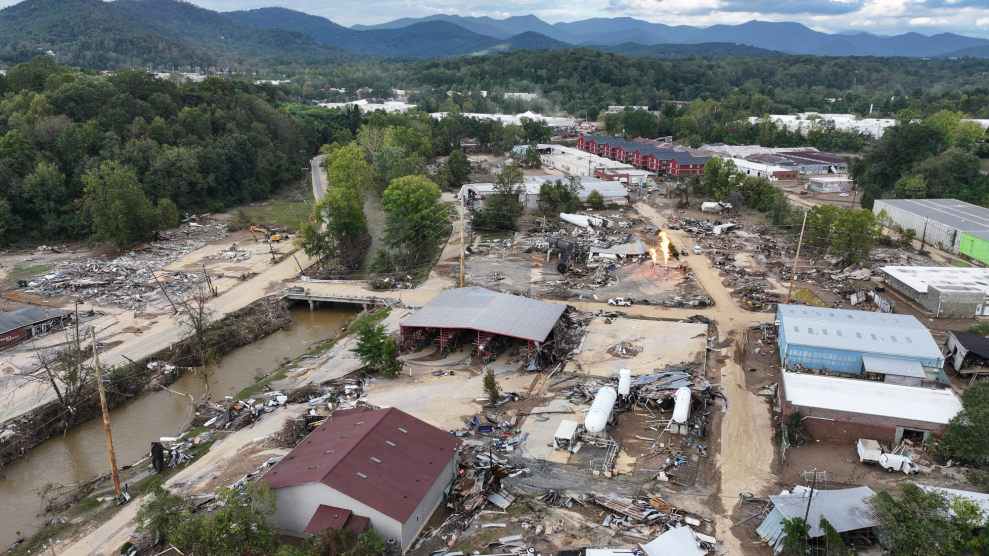Two memories stand out when I think of the progress this nation has made in protecting the environment. The first is of the crowded New York streets near my grandparents’ home in the Bronx, where plumes of black smoke spewed from city buses and where, on muggy summer days, a pall of smog hung in the air. This was a decade or so before the Clean Air Act of 1970, and no one thought to connect the smog with the “allergy attacks” I suffered when I visited there. The second scene occurred soon after passage of the Clean Water Act of 1972, at the end of a glorious canoe trip on a relatively unspoiled Connecticut section of the Housatonic River. As we pulled to shore — our arms aching but our spirits refreshed — a man approached the river and proceeded to dump the contents of his car ashtray into the water.We looked at him in astonishment, but he simply shrugged and said, “You can’t hurt the old Housie.”
We could hurt the old Housie, of course, and we had for centuries, before the Clean Water Act mandated that government and industry clean up the nation’s waterways. It’s difficult for anyone born after the Watergate era to appreciate, but the landmark laws and environmental ethos that emerged in the post-Earth Day 1970s led to dramatic improvements in water and air quality. The filthy Cuyahoga River that Randy Newman sang about in “Burn On” really did catch fire in 1969; now pleasure boats ply its waters on the way to Lake Erie.
That’s why it’s so deeply disturbing to witness the Bush administration’s ongoing stealth attack on the nation’s environmental laws. As Osha Gray Davidson points out in this issue (“Dirty Secrets“), Rove & Company are far too smart to dismiss environmental concerns altogether — they know this shows up as an issue for soccer moms and other “swing” voters; instead, they have quietly, but determinedly, gone after key regulations that are essential for effective enforcement. Whether it’s changing the rules that protect wetlands (as Ted Williams explains in “Down Upon the Suwannee“) or stalling efforts to clean up pollution from oil refineries and power plants (as Donovan Webster and Michael Scherer report in “No Clear Skies“), administration officials — who mostly come from the industries they are now charged with regulating — have worked relentlessly to make sure that corporate interests always come first. While taking the offensive, the administration has cleverly couched its initiatives in such P.R. happy-speak as “Clear Skies,” which would repeal and weaken protections of the Clean Air Act, and “Healthy Forests,” which would use fire prevention as a pretext to increase logging in our national forests. But even the mainstream League of Conservation Voters has seen enough, giving Bush an “F” on his latest presidential report card and concluding, “George W. Bush is well on his way to compiling the worst environmental record in the his- tory of our nation.”
The president, of course, is hoping the public will have too many other things to worry about — the threat of terrorism, for example, or perhaps some new war he’ll initiate — to pay much attention before next year’s election to what his administration is doing on the environmental front. But as our report on “The Ungreening of America” clearly demonstrates, we simply cannot allow him to get away with that.
















